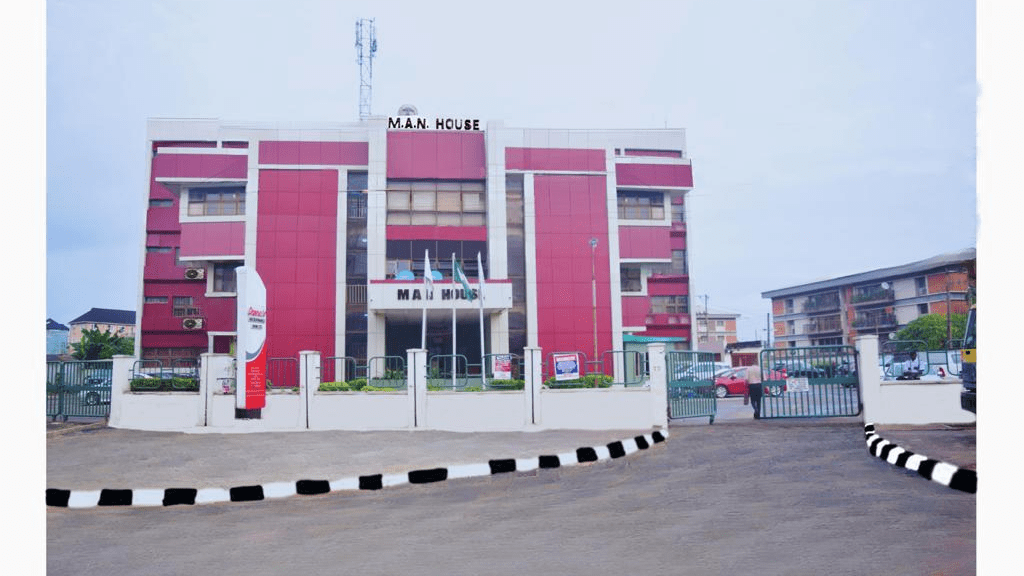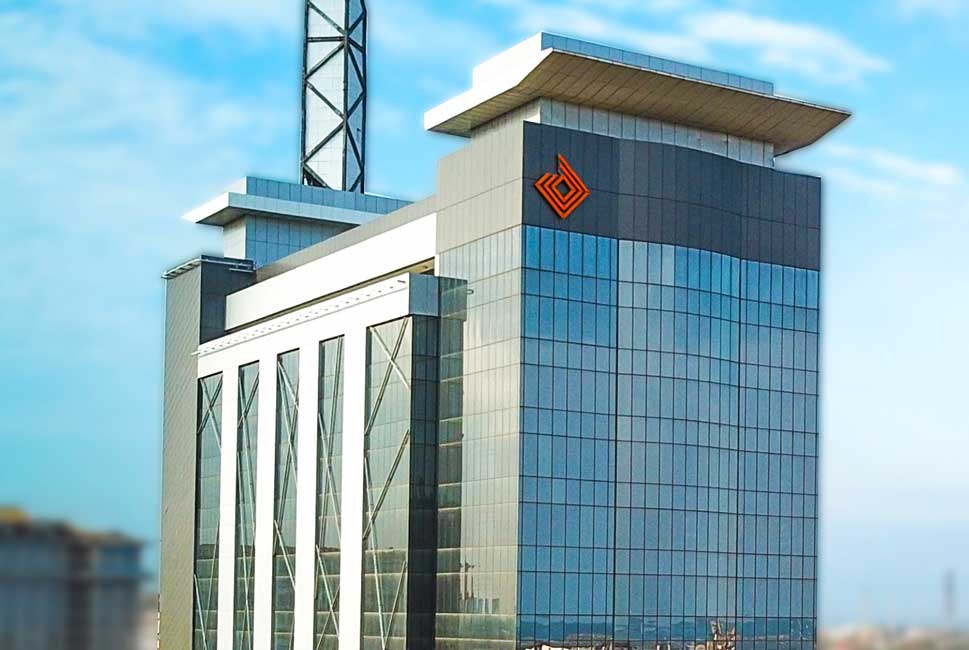
JOSHUA NWACHUKWU argues that obsession with rewarding political loyalty may explain persistent governance failures
Babatunde Fashola, former Governor of Lagos State, delivered a speech at the recent APC Stakeholders Forum, that went beyond the routine rhetoric of political gatherings. He spoke on voter apathy and the sanctity of elections.
Among his many remarks, those two statements stood out for me. These statements though simple on the surface, raise profound questions about the moral and structural foundations of our politics.
In seeking to understand the declining votes for the APC in Lagos, Fashola asked “What is our party’s reward system like? How do we even network with ourselves?” He went further to ask, “If we wanted to undertake a particular programme that involved certain tradesmen or tradeswomen, do we have a register that we can consult to say who are the party members who will be interested in this?”
To show wide acceptance for his comment on reward system, those present gave him a resounding round of applause and K1 De Ultimate, our ambassador for “proper airport security protocol”, even provided a musical endorsement of these sentiments.
To the casual listener, Fashola’s comments might seem innocuous, perhaps even trite from a partisan standpoint; the musings of a loyal party man seeking better organisation. Yet, beneath that simplicity lies a deeper and more unsettling logic that continues to shape governance in Nigeria: the quiet assumption that political affiliation should determine access to government opportunity and resources.
Little wonder in Fashola’s view, party members should have priority when government-funded programmes, such as empowerment schemes for tradesmen and tradeswomen, are rolled out. In effect, the APC membership card becomes more valuable than the Nigerian passport or National Identification Number (NIN).
This, unfortunately, is the political philosophy that has underwritten much of governance in Nigeria, one where public service is filtered through partisan loyalty, and the machinery of the state is treated as an extension of the party. This logic where service and opportunity and benefits are mediated through party loyalty corrodes the very essence of democracy. It suggests that belonging, merit, and public benefit are tethered not to competence or civic identity, but to the machinery of political affiliation.
Why must every minister or political appointee be a member of the ruling party, or have campaigned for it? Is it not enough that the person has the best interest of Nigeria at heart and is dedicated to work for its betterment, notwithstanding political or apolitical affiliation? To be the best of my knowledge the likes of Dr. Okonjo-Iweala, Dr Akinwumi A. Adesina and Prof. Muhammad Ali Pate are not partisan, yet they are deemed to be assets to the country.
It is precisely this partisan mindset that explains why so many elected leaders govern with bias, unable to transcend the narrow interests of their parties to embrace the broader ideals of nationhood and when they try to transcend party lines, they are accused of betraying not Nigeria but their grassroots or failing to reward those that worked hard for their election.
One cannot tell if this attitude springs from widespread unemployment or from a deep sense of entitlement, but it is worrying.
Over the weekend, on X, probably energised by Fashola’s comment, many APC supporters and activists have come out accusing the party leadership particularly in Lagos State of not rewarding party loyalists mostly at the grassroots by giving them appointments or contracts. They jettison the idea of technocrat or competency argument as why they’re not being chosen and insist that APC has qualified party members for any role, only if the party leaders can look within and choose, but the best of brains and best of hearts/intentions cannot all be in APC. We have to really consider what happens when political allegiance becomes more valuable than competence.
Little wonder, when appointments are announced, the first question many grassroots activists ask is not “Who is this person, and what do they bring to the table?” but “Is he/she one of us?” “Did he/she work for the party?” To be fair, this problem is not unique to the APC. PDP, Labour, and other parties are guilty of similar habits.
For many, the elephant in the room is how to “reward” party members who campaigned during elections, often sacrificing time, money, and relationships. They must be motivated to remain engaged, the argument goes. Yet one must ask: should this even be the elephant in the room? Shouldn’t the real question be, what is the better reward: an appointment in public service or better living conditions for all Nigerians?
Would I prefer to receive an appointment that enables me to afford a “I better pass my neighbour” generator, or would I rather live in a country where electricity is stable for everyone? The answer to that question reveals the moral crossroad at which our democracy stands.
Political patronage quietly destroys the fabric of our democracy. This obsession with rewarding loyalty may explain persistent governance failures.
Lurking behind today’s identity politics is not a quest for good governance, but the familiar echo of “Èmi ló kàn,” it is my turn, or my people’s turn. But turn to do what? Not to serve the common good, evidently.
Few weeks ago, Prof Luis Franceschi, the Assistant Secretary General of the Commonwealth, shared some insights he got from Kishore Mahbubani, a brilliant Singaporean diplomat and one of the architects of Singapore’s economic miracle. According to Kishore, Lee Kuan Yew was unforgiving on three pillars that defined Singapore’s success, captured in the formula MPH: M – Meritocracy: the best person for the job, regardless of family name or background. P – Pragmatism: if it works and it is fair, adopt it; don’t get stuck in ideological battles. H – Honesty: even a Deputy Minister went to jail for returning from holiday with a businessman — conflict of interest was not tolerated.
This ethic continues today. In 2023, Singapore’s Minister of Transport, S. Iswaran, was arrested and charged for receiving expensive gifts and concert tickets from a business tycoon. Integrity remains non-negotiable.
We need meritocracy and integrity in Nigeria.
Until our politics learns to distinguish governance from partisanship and the state from the party, Nigeria will continue to wrestle with the moral contradictions of its democracy.
If democracy is to have meaning, citizenship must once again be more valuable than party membership. We must rebuild a political culture where competence is celebrated above connection, and where public office is seen as a sacred trust rather than a reward.
Fashola’s remarks expose a deeper question, who does the government truly serve: the people or the party?
True leadership serves citizens, not registered party members. Nigeria belongs to all of us, not merely to the ruling party’s faithful. We are all co-owners of this republic. Until that truth shapes our politics, good governance will remain elusive.
The sooner we educate ourselves on these principles, the better our collective future will be.
Nwachukwu writes from Lagos



